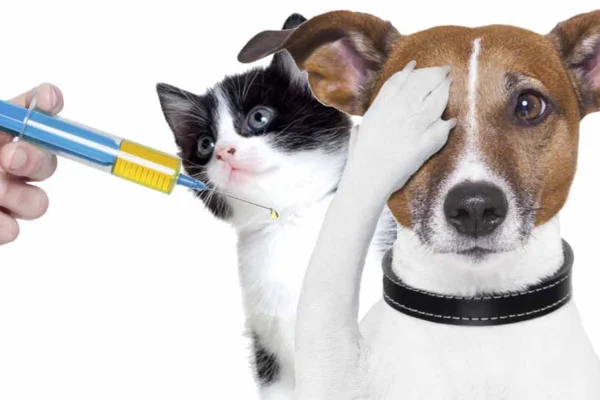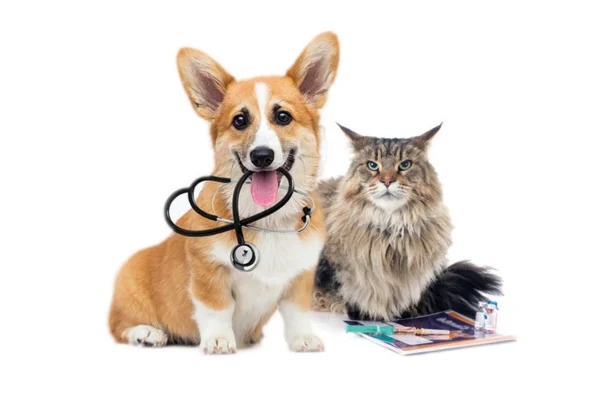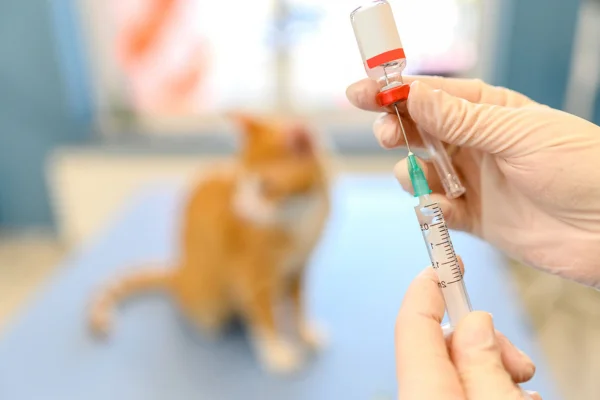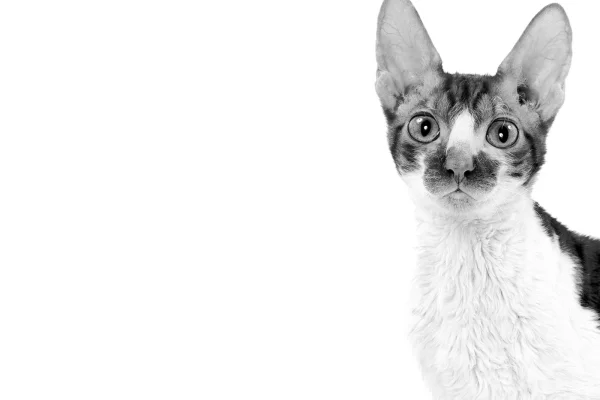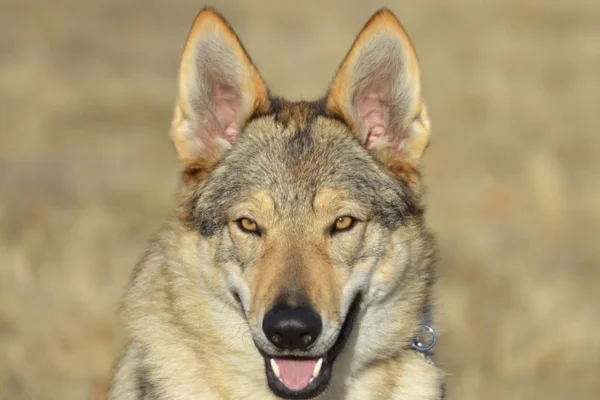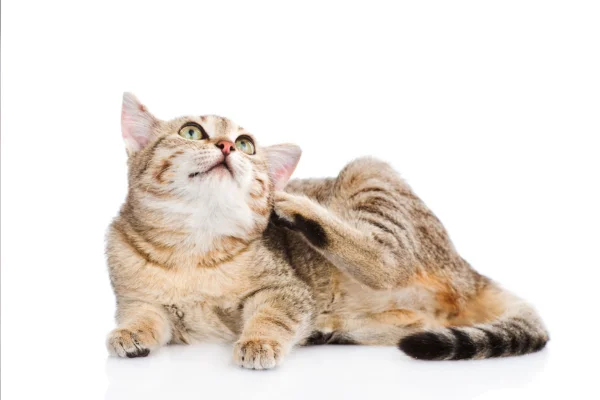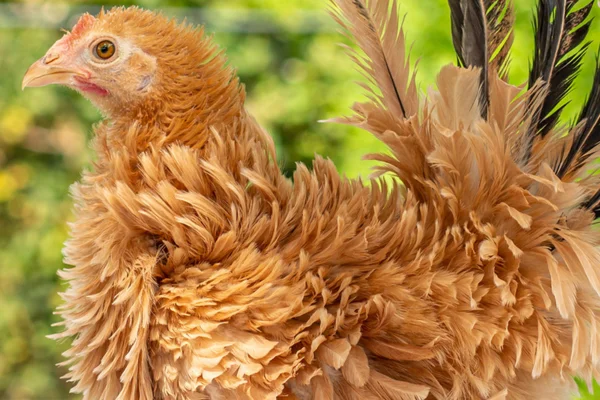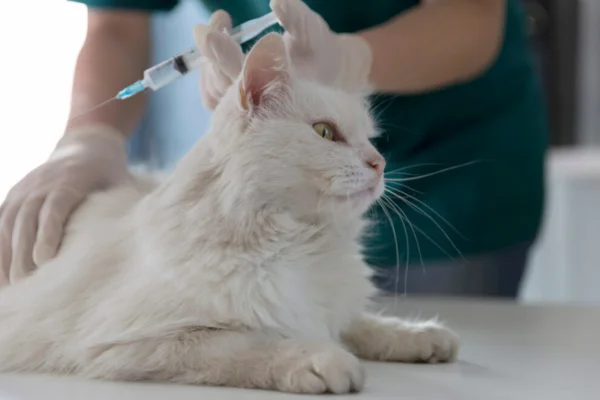The Importance of Vaccinations for Dogs and Cats
Protecting Our Pets' Health
When it comes to looking after the health of our four-legged friends, one of the most crucial aspects is vaccination. Vaccines play a vital role in preventing serious diseases, contributing to the well-being and longevity of pets. In this article, we'll explore the importance of vaccines, the types available, the vaccination schedule and answer some frequently asked questions on this topic.
What are vaccines?
Vaccines are biological substances that stimulate the immune system to recognize and fight specific pathogens, such as viruses and bacteria. When an animal is vaccinated, its body is exposed to an inactivated or attenuated form of the agent causing the disease. This allows the immune system to learn to identify and attack this agent should it appear again in the future.
Contents
Why is vaccination so important?
Vaccinating pets is essential for several reasons:
- Disease PreventionVaccines help prevent diseases that can be fatal or cause serious health problems, such as distemper, parvovirosis, leptospirosis and rabies.
- Community protectionMass vaccination of pets contributes to the immunization of herds and populations, reducing the spread of infectious diseases. This is especially important in areas where many animals live together, such as shelters and kennels.
- Cost-effectiveness: The cost of treating a disease can be much higher than the cost of vaccines. Vaccinating your pet is an investment in its long-term health.
- TranquilityKnowing that your pet is protected against serious illnesses brings peace of mind to the owner.
Types of vaccines available
There are two main types of vaccine for dogs and cats:
1. Live Attenuated Vaccines
These vaccines contain attenuated (weakened) forms of the virus or bacteria. They generally provide a stronger and longer-lasting immune response, but may not be recommended for all animals, especially those with compromised immune systems.
2. Inactivated vaccines
These vaccines contain killed viruses or bacteria. They are safer, but may require more frequent booster doses to ensure adequate protection.
The vaccination schedule
The vaccination schedule varies according to the animal's age, health and lifestyle. In general, puppies and kittens start being vaccinated between six and eight weeks of age. Common vaccinations include:
- Distemper
- Parvovirus
- Infectious Hepatitis
- Leptospirosis
- Anger
It is essential to follow the schedule recommended by the vet and take your pet for regular check-ups. This ensures that they receive all the necessary vaccinations in the correct doses.
Vaccination schedule for dogs
- Puppies (6 to 16 weeks)rabies vaccines: they should receive a series of vaccines, including distemper, parvovirus and hepatitis. The first rabies vaccine is usually administered between 12 and 16 weeks of age.
- Adults (after 1 year)boosters are required annually or every three years, depending on the vaccine and local legislation.
Vaccination schedule for cats
- Puppies (6 to 16 weeks)In addition to the first rabies vaccine, they receive vaccinations for feline panleukopenia, viral rhinotracheitis and calicivirosis.
- Adultsannual or three-yearly boosters are recommended, as advised by the vet.
The Vaccination Schedule for Puppies
When it comes to vaccinations, it's crucial to start immunization at the right time. Puppies generally need a specific vaccination schedule that includes three main doses in order to guarantee effective protection against various infectious diseases. Let's explore this in detail.
1. Vaccination starts
Puppies should start being vaccinated between six and eight weeks of age. This is the stage when passive protection, received through mother's milk, begins to wane. The vaccines recommended at this early stage include:
- Distemper
- Parvovirus
- Infectious Hepatitis
2. Three-Dose Scheme
Puppies are usually vaccinated in three stages, with intervals of three to four weeks between each dose. The typical schedule is as follows:
- First dose (6-8 weeks)The first vaccine is administered, covering the main diseases such as distemper and parvovirosis. This is the start of protection and is crucial for the puppy's health.
- Second dose (9-12 weeks)The second dose is given to reinforce protection. This is an important step to ensure that the puppy's immune system is adequately prepared to fight disease.
- Third dose (12-16 weeks)The third and final dose in the initial vaccination cycle. Here, the rabies vaccine is usually administered in accordance with local legislation and the veterinarian's recommendations.
3. The importance of reinforcement
It is vital not to skip these doses. Each one is designed to build up the puppy's immunity progressively and effectively. After completing the initial three doses, the vet may recommend annual boosters or every three years, depending on the type of vaccine and the animal's general health.
Frequently asked questions about vaccination
1. Are vaccines safe?
Yes, vaccines are safe and effective. Veterinarians carry out rigorous tests before releasing any vaccine for use. However, like any treatment, side effects can occur, but they are usually mild and temporary.
2. What should I do if my pet has an adverse reaction?
If you notice any adverse reactions, such as swelling, fever or lethargic behavior, contact your vet immediately. Most reactions are mild and resolve quickly, but it's always a good idea to inform your vet.
3. Do I need to vaccinate my pet if it doesn't leave the house?
Yes, even pets that stay at home can be exposed to diseases. The rabies virus, for example, can be transmitted by wild animals that come into contact with your pet. In addition, diseases can be transmitted by people who visit your home or by contaminated objects.
4. Is it necessary to vaccinate older animals?
Yes, older animals should also be vaccinated. The immune system can weaken with age, making them more susceptible to disease. Vaccines help to reinforce protection.
5. Can I vaccinate my pet at home?
Although there are vaccines that can be administered at home, it is highly recommended that vaccinations are carried out by a veterinarian. This ensures that the animal is properly assessed and that the vaccines are administered correctly.
The relationship between vaccines and public health
Vaccinating pets is not only a matter of individual health, but also of public health. Diseases such as rabies and leptospirosis can be transmitted to humans, and mass vaccination of animals is an effective strategy for controlling the spread of these diseases.
In addition, vaccination helps to maintain the health of the animal population in general. When enough animals are vaccinated, the circulation of pathogens is reduced, creating a "herd immunity" effect. This is crucial to protect those who cannot be vaccinated, such as very young puppies or animals with health problems.
Conclusion
Vaccines are one of the most effective tools we have to protect the health of our dogs and cats. Not only do they prevent diseases, but they also promote a healthier environment for all the animals and people around us.
Investing in vaccinating your pet is a guarantee of a long and healthy life. So talk to your vet and keep your four-legged friend's vaccination record up to date. Remember: your pet's health is a reflection of your care and responsibility as their guardian. Don't hesitate to find out more and make vaccinations a priority in your pet's care routine.
Thank you for visiting us and check out our other work

